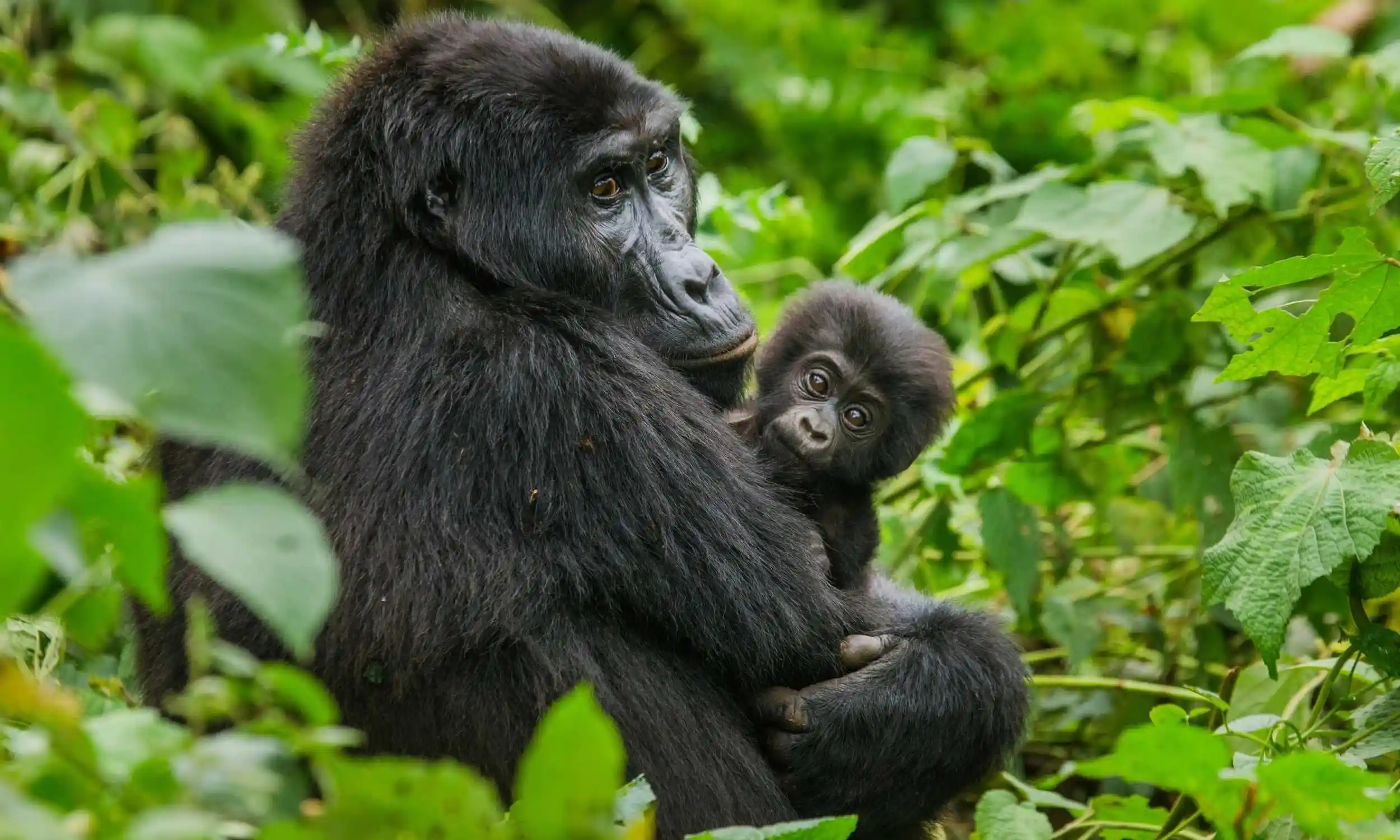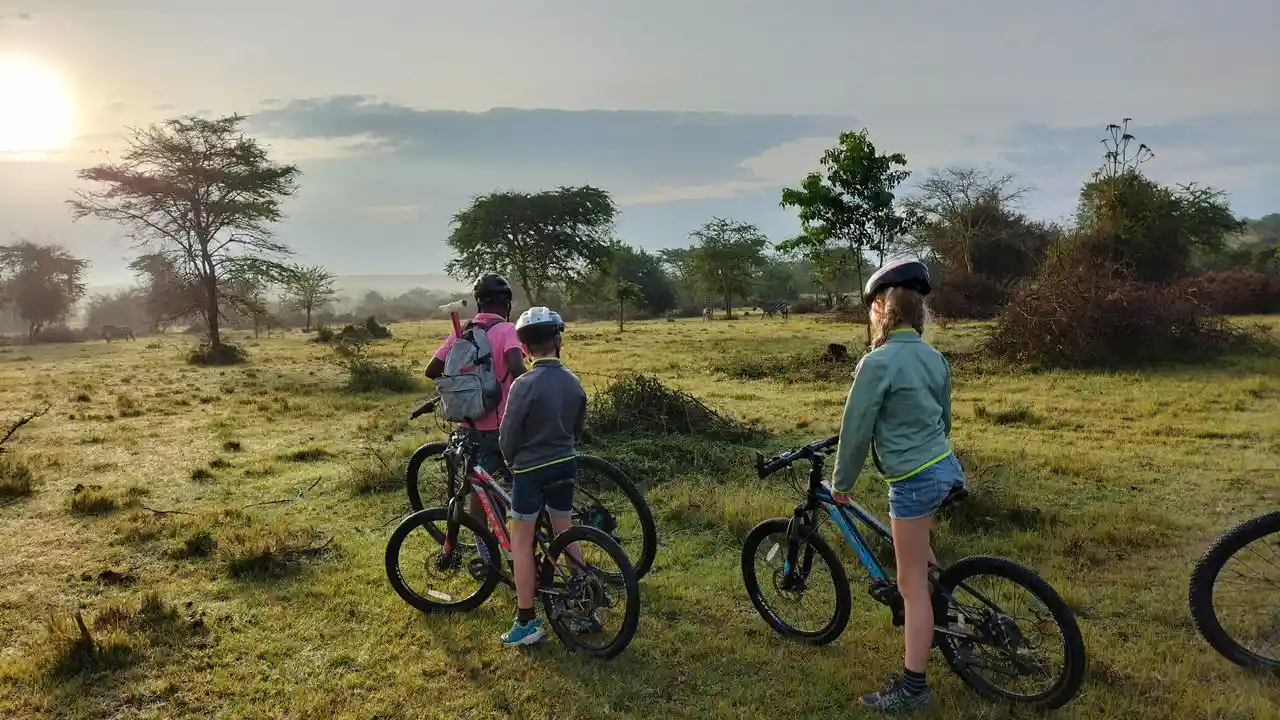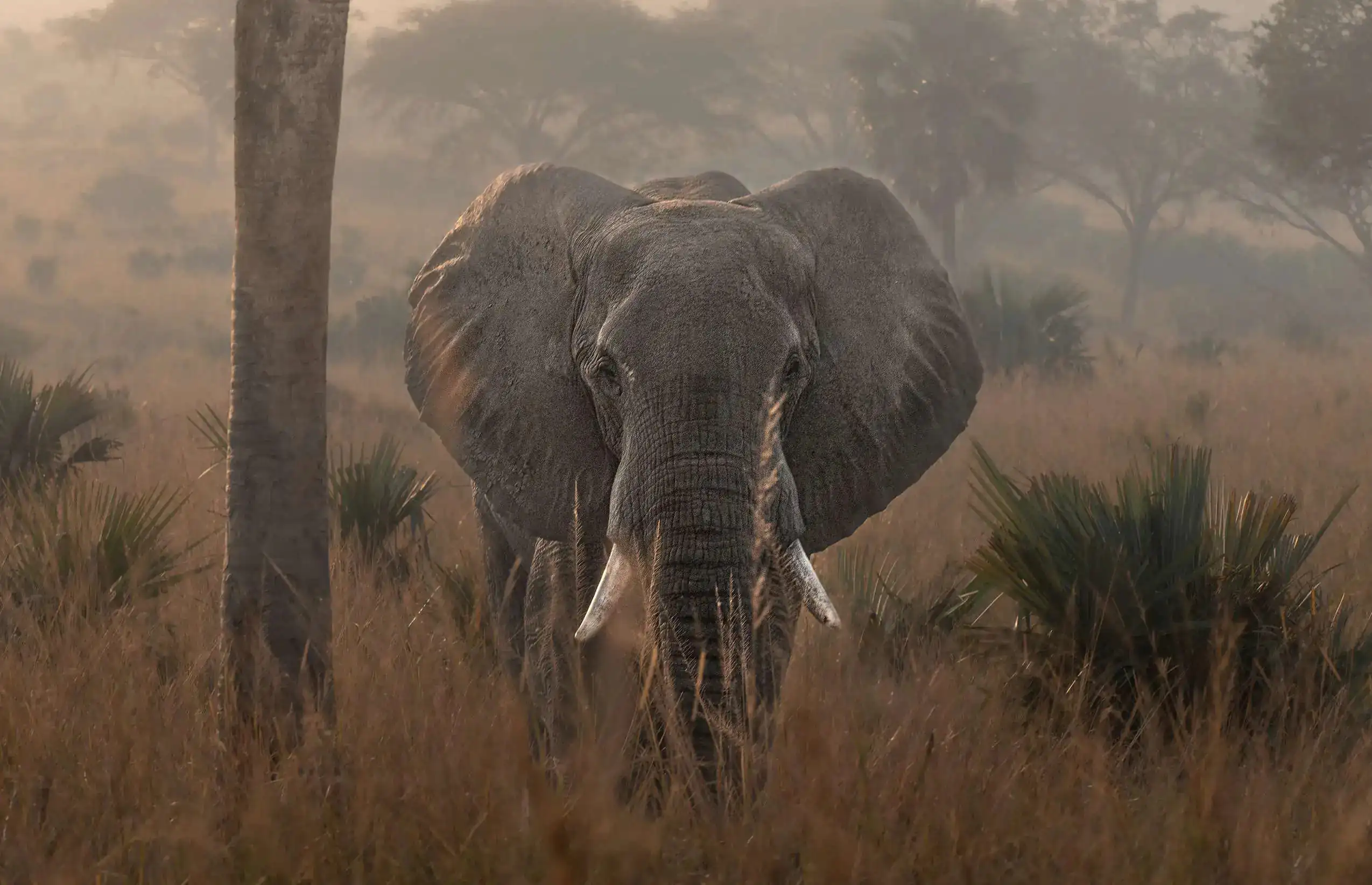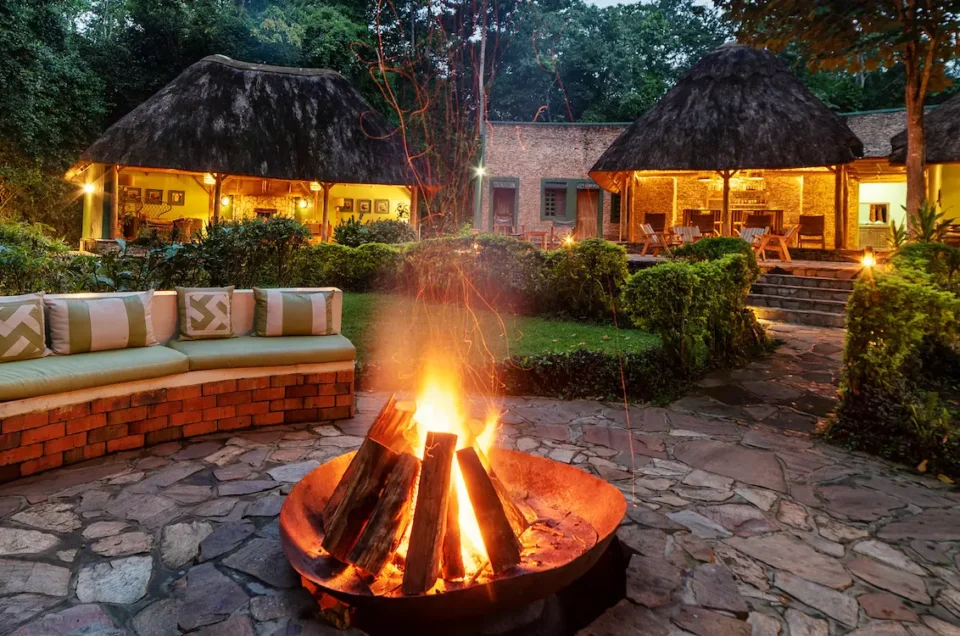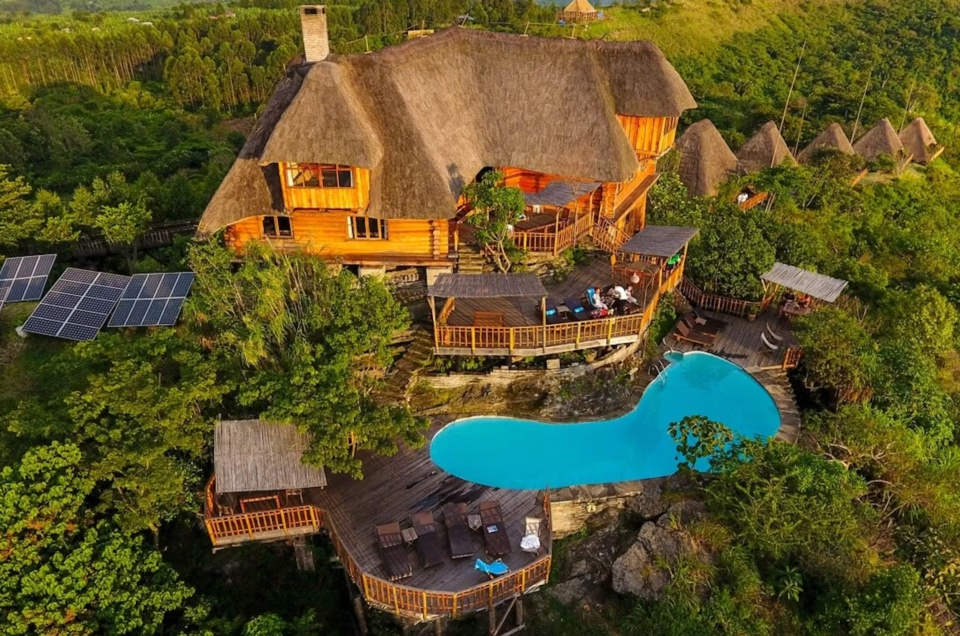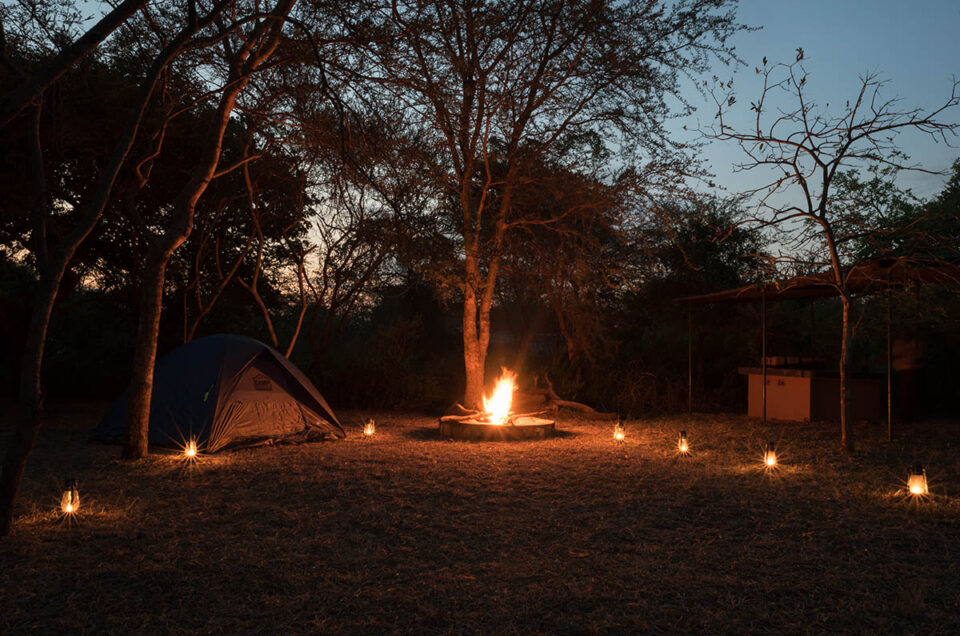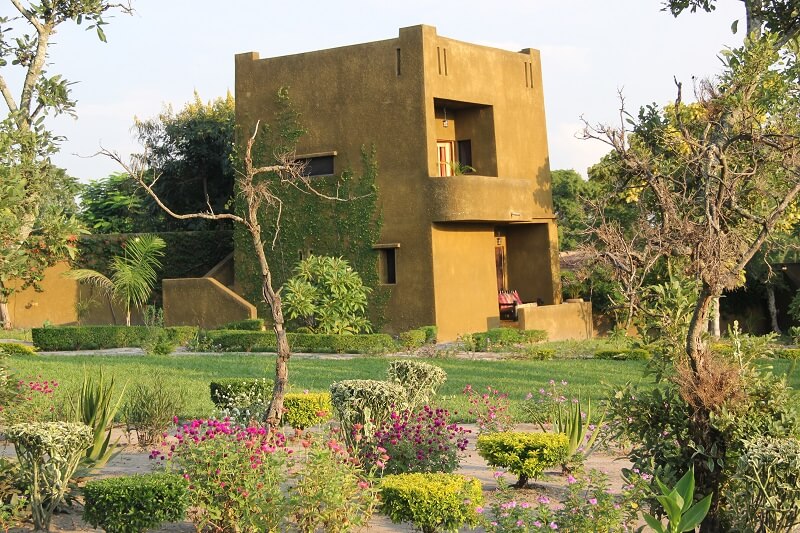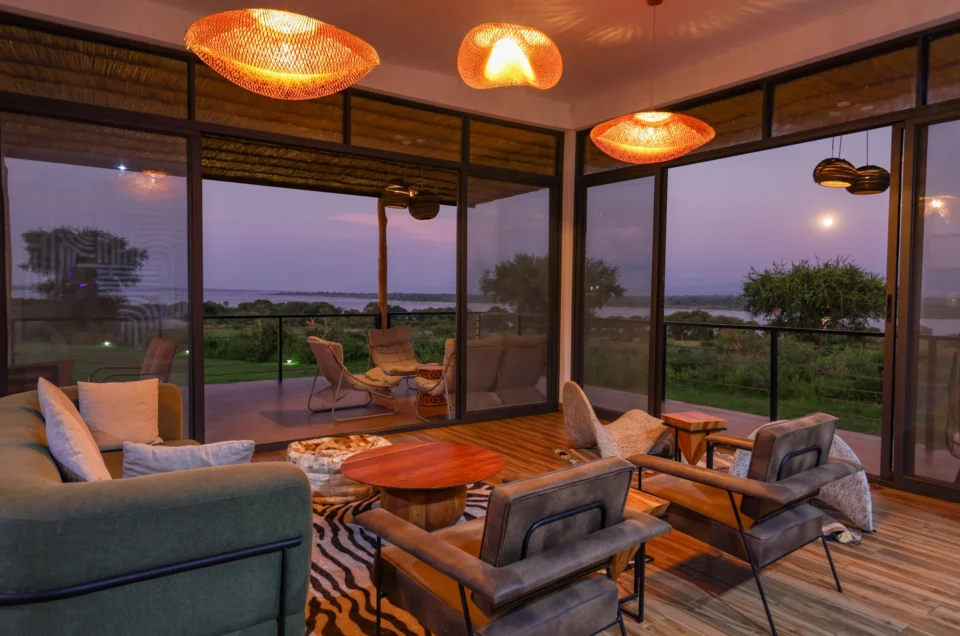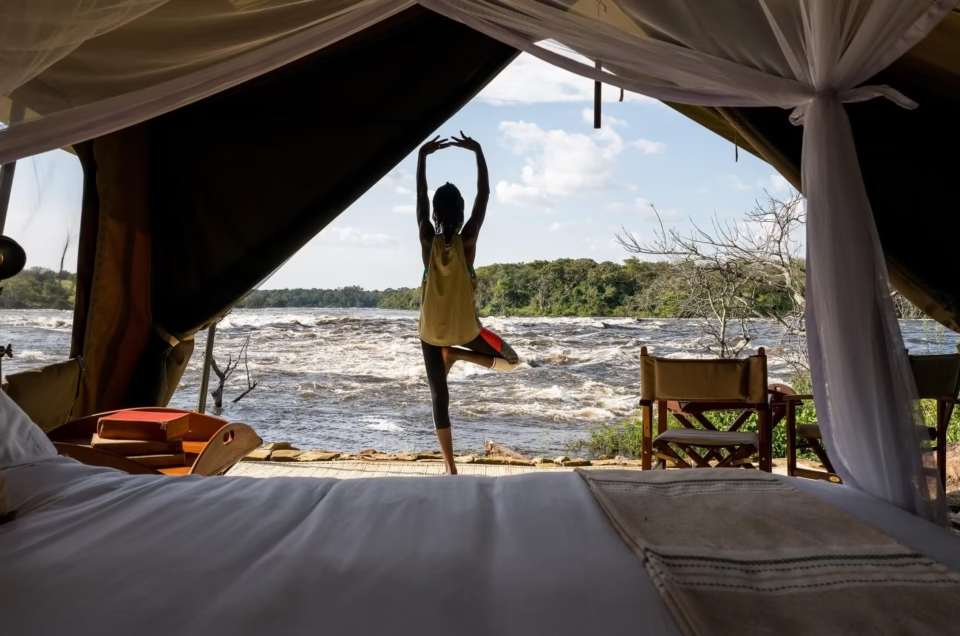Primate Lodge Kibale is one of the best places to stay if you want to experience the magic of...
Kyaninga Lodge is one of Uganda’s most beautiful and luxurious lodges, set high on a hill...
Ndali Lodge is one of Uganda’s most beautiful and peaceful lodges It sits on the rim of a...
Kibale Lodge is a beautiful exclusive safari lodge surrounded by nature, near Kibale Forest...
If you want to experience the real African wilderness, bush camping in Murchison Falls National...
Fort Murchison Lodge is one of the best mid-range and budget safari lodges near Murchison Falls...
Pakuba Safari Lodge is a comfortable and friendly lodge located inside Murchison Falls National...
Anyadwe House is a beautiful, private riverside villa on the south bank of the River Nile, next to...
Papa’s Camp Murchison Falls is a beautiful and quiet luxury camp set deep inside Murchison Falls...


